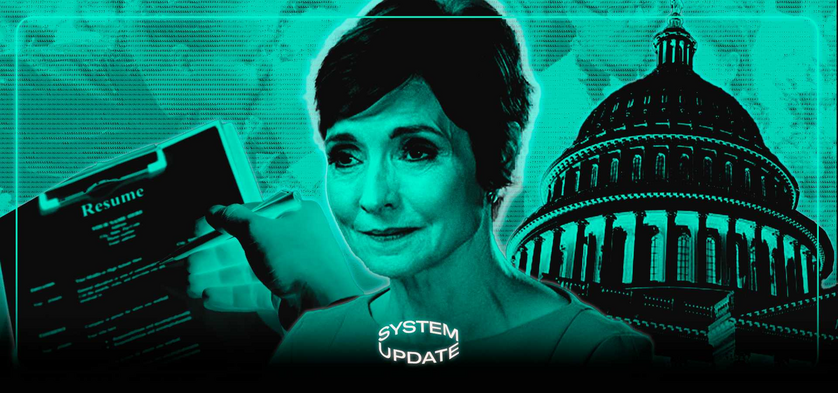Watch the Interview; Listen as a Podcast; Subscribe on Locals.
We spent a good bulk of our time focused on the current and quite serious legal battle that Herridge currently confronts as a result of her commitment to one of the primary duties of any good journalist, namely the obligation to protect the confidentiality of one's sources. Herridge has been ordered by a Federal court to disclose the identity of one of her sources for an important investigative story that she was able to work on and when she refused to do so, as she ought to have done, as good journalists have been expected to do for decades, she was held in contempt of court, which carries with it the possibility of significant fines and even jail time. And she's now seeking to overturn that contempt order and the order to reveal her source in an appellate court.
The only reason any of this is happening to her and it has happened to other journalists in the past – some of whom actually went to prison rather than obey court orders to reveal their sources is that the United States continues to be one of the very few countries in the democratic world that does not have a federal shield law: meaning a law that bestows the right on journalists, meaning anyone who does journalism by legislation or, in some cases, in other countries, by constitutional law to maintain the confidentiality of their sources, except in the most extreme and the rarest of situations where everybody would agree that divulging sources would be necessary.
Now, a piece of legislation that had been negotiated between the two parties over several years that would have bestowed that right onto journalists, a right without which a free press really cannot operate, is called the Press Act, and it looked like it was headed toward overwhelming bipartisan approval in Congress. In fact, it received an overwhelming unanimous vote in the House of Representatives in favor of its implementation. But for whatever reasons, two weeks ago, President-elect Trump went to his social media site Truth Social and demanded that the legislation not be passed and insisted instead that it be” killed.” Though likely motivated by the anti-press sentiments that he has developed due to systematically unfair and often deceitful activism against him by the corporate press, the reality is that some of the most important reporting that has been done that exposes many of the abuses that were used against him, including reporting done by Herridge herself about things like the Russiagate fraud and related matters, would have been impossible, absent the right of journalists like her to maintain the confidentiality of their sources.
Herridge has developed a lot of trust and credibility with a wide ideological range of consumers of journalism, including people on the right. So, hearing from her directly about the urgency of these kinds of legislative protections for journalism will, I hope, make supporters of Donald Trump and perhaps Donald Trump himself more open-minded about why these protections are so pivotal and also while we have her here talk about the state of modern-day journalism and why trust and faith in it among the American people has collapsed and what can be done to restore it.
She's a person whose work I've admired for a long time, and I am delighted to welcome her to the show.
G. Greenwald: Catherine, it's great to see you. Good evening. Thanks for taking the time to talk to us.






















